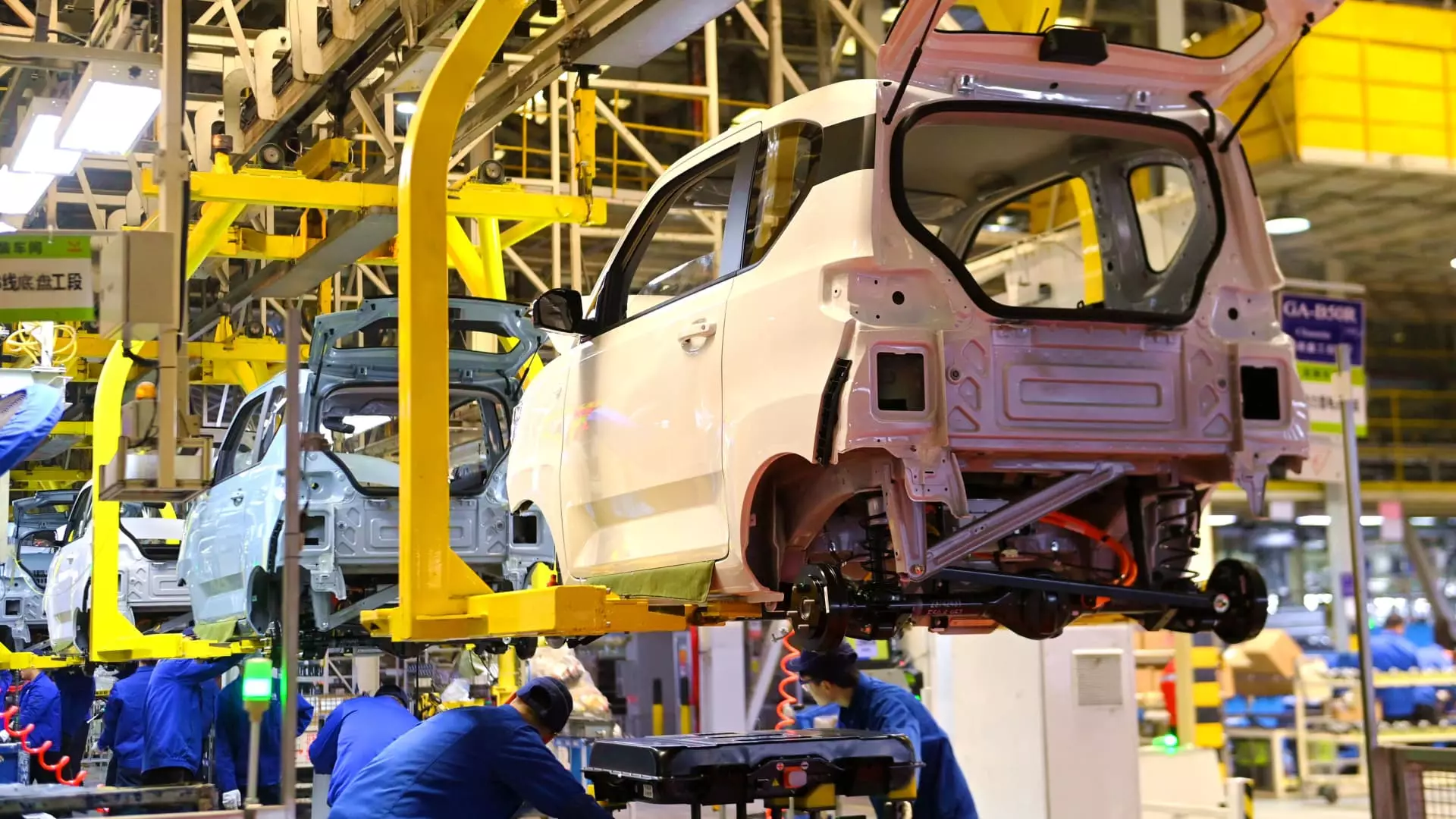China’s investment in its electric car industry has been substantial, with a total of $230.8 billion spent over the span of more than a decade. This investment accounts for 18.8% of total electric car sales between 2009 and 2023. This significant scale of government support has helped to propel the growth of the industry within China. However, it is important to note that the ratio of government spending to electric vehicle sales has declined over the years, dropping from over 40% before 2017 to slightly above 11% in 2023.
The Chinese government’s support for electric cars has not only been financial but has also included non-monetary policies that have favored domestic automakers over foreign competitors. In contrast, Western automakers and governments have been criticized for lacking the same level of aggressiveness and support for their own electric car industries. Scott Kennedy, a trustee chair in Chinese Business and Economics at CSIS, highlighted seven policy initiatives in a report from four years ago that discussed potential trade tensions arising from Chinese electric cars.
Government subsidies in China have not always been straightforward, with instances of fraudulent activities by companies misusing funds meant for the development of electric vehicles. Despite these challenges, Chinese-made electric vehicles have been gaining popularity within the country, posing a threat to foreign automakers relying on traditional fuel-powered vehicles.
While Chinese electric car companies have made significant progress in terms of technology and market penetration, profitability remains a challenge. Companies like BYD and Tesla have seen declines in their net profit per car, signaling the intense price war and competition within the industry. Chinese startup Nio, which is still operating at a loss, anticipates increased competition in the Chinese market, possibly leading to the exit of several players.
The U.S. has also been increasing its efforts to support electric cars, as seen in the Inflation Reduction Act signed into law in August 2022. This legislation allocated $370 billion for promoting clean technologies and provides a $7,500 credit for qualifying electric car purchases. A comparison of average government support per electric car purchase in China and the U.S. reveals a disparity, with China offering $4,600 in 2023 compared to $13,860 in 2018.
The Chinese electric car industry’s rapid growth and government support have positioned it as a formidable player in the global market. While challenges such as profitability and competition persist, the industry’s trajectory is indicative of continued progress and innovation. Western automakers and governments can learn valuable lessons from China’s approach to electric vehicle development and should consider adopting more aggressive strategies to remain competitive in the rapidly evolving automotive landscape.

Leave a Reply